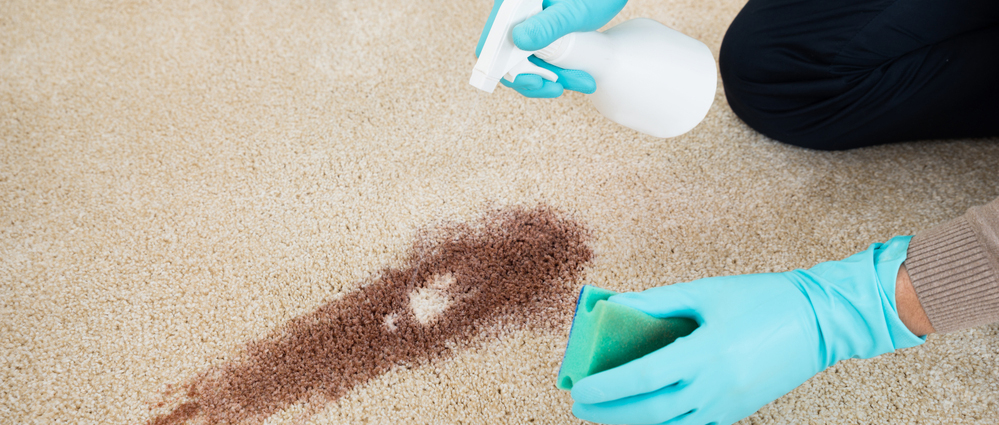Porcelain Tiles and Basic Installation

Porcelain Tiles and Installation
Porcelain Tiles are considered by many to be the “hardest” tile product on the market. Porcelain tiles are extremely wear resistant, making them an excellent choice for high-traffic areas of the home, especially those regularly exposed to moisture.
Professional Installation is available, but tile can be installed by many “do it yourselfers”. Initially, one has to decipher two or three basic things when considering the layout of tile installation. If the room is square, running a center line for layout and/or deciding what the focal point will be to make the finished job look right, (example: having a full tile instead of a cut piece near most visible entry areas, etc.).
The basic tools needed will be a ½” squared notch trowel, a wet saw, a hand tile cutter (or both), tile spacers, sponges, grout float, other small cutting tools for tile, (pliers with carbide bit, hand grinder, etc.) drill with paddle (for mixing) and of course, protective gear (knee pads, goggles, etc.). Additionally, you will need a modified Thinset Mortar and the Grout of choice, sanded or non-sanded, depending on the application.
Interior uses of Porcelain Tile: High Traffic Flooring, Showers, Counter tops, Fireplaces and Backsplashes.
Exterior uses: Water features, Waterline in a pool and spa, Outdoor flooring, BBQ counters and Outdoor Fireplaces surrounds

